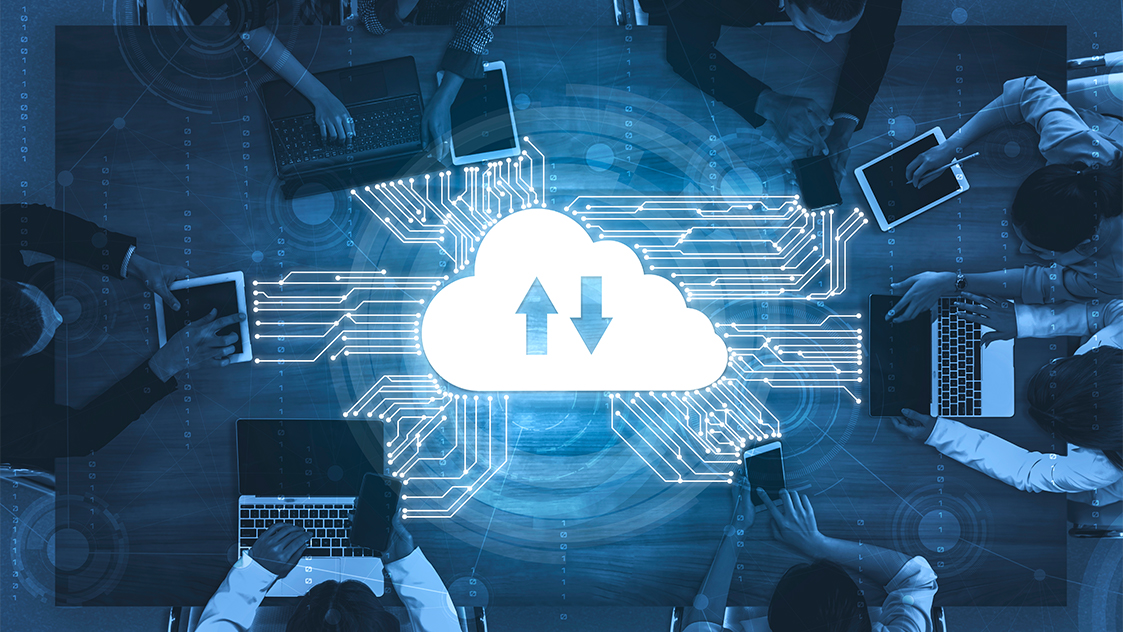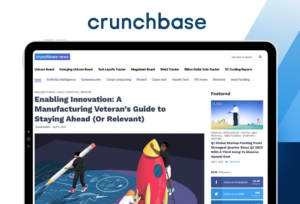How Important is Data Security When Choosing an ERP System?

Each year, the number of reported attacks by cybercriminals increases. According to Infor, it’s estimated that a different organization is attacked every 11 seconds. Along with the attack comes a potential loss of data and income resulting in an average of 7.3 days of downtime. Together, this costs an estimated $3.24 million. Additionally, an organization can lose the trust and confidence of its customers and even some jobs. A common myth among businesses is that cyber hackers only target large businesses. The truth is that all businesses are at risk, and many cyber hackers target small or medium-sized businesses because they can’t or don’t fully invest in data security.
Data security is the practice of protecting digital information from unauthorized access. Considering data security is critical when choosing an ERP solution. An ERP solution provides a great way to protect sensitive data from getting into the wrong hands. ERP systems provide data security through standards-based security practices, risk and failover management, attack prevention, and processes for security advancement.
Leading ERP providers have security resources that most businesses can’t or don’t provide by specializing in data security and its risks. Having only one type of security is no longer acceptable. ERP vendors should provide multiple layers of overlapping security. Be sure that your provider includes:
Secure Data and Privacy Practices
ERP data security is a top priority with leading ERP vendors; their reputations are built on it. As a result, most leading ERP vendors have state-of-the-art security standards.
Industry Compliance
Manufacturing companies must comply with industry and governmental standards. Be sure that your ERP provider is familiar with the industry standards. ERP can help reduce the risk of compliance variance by monitoring materials and processes such as supply chains and making sure they conform to regulatory mandates. An ERP solution can provide real-time access to information and automation, making spreadsheet tracking and paper trials obsolete. Businesses can also set up alerts when a non-compliance action happens, enabling a company to make adjustments before they become problems.
Industry Leading Application, Network, Infrastructure, and Physical Security Measures
ERP data security measures should include specific systems that automatically detect suspicious activity. ERP providers should also have policies and dedicated teams that specialize in cybersecurity to prevent cyberattacks.
Strong Data and Security Encryption
Data can be distributed across multiple servers in several locations, making it difficult for cybercriminals to pinpoint private information. A cloud-based firewall also provides a layer of protection around assets by blocking malicious web traffic. In addition, an ERP solution can automatically back up data. If a catastrophe happens, immediate and complete recovery is possible.
Rapid Incidence Response
Your ERP vendor should monitor, characterize, report, and automate the logging of system activity and events. It should also capture and analyze intrusion attempts and collaborate with customers to investigate the attempts. In the event of a cyberattack, the ERP system can often immediately analyze and correct the problem and implement an update automatically.
Your ERP vendor should also frequently review, test, and update software for resiliency and to correct weaknesses. Regular audits and phishing simulations help employees learn how to detect phishing attacks and improve security awareness.
Interested in more information about how Decision Resources can help your business with ERP data security? Call us at 412-562-9660 or email info@decision.com.
Similar Blogs

Decision Resources Featured on Crunchbase

Chips, drugs, and steel — how to prepare for Trump tariffs





